
Key Takeaways:
European baby formulas are regulated by strict standards, ensuring high-quality and safe ingredients for babies.
Some benefits of European baby formulas include organic options, essential nutrients, and strict regulations for production.
The main differences between European and American baby formulas lie in ingredients, regulations, and cost.
What Is European Baby Formula?
European baby formula refers to the infant formula produced and regulated in European countries, offering a variety of options such as organic and FDA-approved formulas for nurturing the nutritional needs of babies.
These European baby formulas are known for their adherence to strict standards and regulations set by the USDA and FDA, ensuring the provision of essential nutrients, vitamins, minerals, probiotics, and prebiotics. They differ from other formula options by emphasizing the inclusion of beneficial components such as DHA, ARA, taurine, and essential fatty acids, while avoiding the presence of GMOs, pesticides, and preservatives.
The variations in ingredient composition, including the ratios of casein to whey proteins and the types of carbohydrates, make European baby formulas a preferred choice for many parents seeking high-quality nutrition for their infants.
What Are The Regulations For European Baby Formula?
The regulations for European baby formula are overseen by entities like USDA and FDA, ensuring that products like Holle and HiPP meet stringent standards for safety, quality, and compliance with European and FDA-approved guidelines.
These regulations emphasize the paramount importance of safety and quality in European baby formula. The USDA and FDA require that these products undergo thorough testing to ensure they are free from harmful contaminants, such as GMOs and pesticides.
The standards set by these regulatory bodies are designed to provide infants with a nourishing and wholesome start in life. This includes the absence of harmful chemicals, adherence to strict manufacturing practices, and compliance with European and FDA-approved guidelines.
What Are The Benefits Of European Baby Formula?
The benefits of European baby formula encompass the utilization of high-quality ingredients, adherence to strict regulations, availability of organic options, and the inclusion of essential nutrients vital for infant nutrition, as exemplified by products like Holle and HiPP.
European baby formula stands out due to its stringent standards for ingredient sourcing, ensuring organic options for parents seeking natural and nutritional choices for their infants. These formulas are fortified with essential nutrients such as vitamins, minerals, probiotics, prebiotics, DHA, and ARA, crucial for supporting overall health and cognitive development in growing babies. The deliberate focus on nutrient-rich ingredients and strict regulations guarantees a safe and reliable option for parents to nourish their babies, backed by high quality and ethical standards.
What Are The Differences Between European And American Baby Formula?
The differences between European and American baby formula encompass variations in ingredients, regulations, and cost, reflecting the distinctions in formulations, standards, and pricing between products such as Holle and HiPP and those approved by USDA and FDA.
European baby formulas, like Holle and HiPP, often use organic ingredients such as lactose, organic whey, and vegetable oils, whereas American formulas may contain a different set of ingredients, including corn syrup and soy protein isolate.
Regulatory differences also play a significant role, as European standards for baby formula tend to be more stringent in certain areas, including the types and ratios of essential fatty acids and the use of certain additives.
Cost disparities exist, with European formulas typically priced higher due to their organic and natural ingredient focus, while American formulas may be more accessible in terms of cost.
How To Choose The Right European Baby Formula?
Selecting the right European baby formula involves considering factors such as the infant’s nutritional needs, the adherence to USDA and FDA regulations, the presence of essential vitamins, minerals, and prebiotics, the inclusion of DHA and ARA, and the absence of GMOs and pesticides, ensuring a safe and suitable choice like Holle and HiPP.
When choosing a European baby formula, it’s crucial to prioritize the nutritional requirements of the infant, as their early development relies on the right balance of nutrients. Ensuring that the formula complies with the high standards set by the USDA and FDA guarantees its safety and quality. The inclusion of essential vitamins, minerals, and prebiotics supports the baby’s growth and digestive health, while DHA and ARA contribute to their cognitive and visual development. The absence of GMOs and pesticides is essential to provide a pure and healthy option for your baby.
Consider Your Baby’s Needs
As an article writer, it’s important to craft engaging content that captivates readers and keeps them coming back for more.
By incorporating compelling storytelling techniques and relevant, informative details, articles can leave a lasting impact on the audience. Adopting a conversational tone and injecting a touch of personality can make the content more relatable and enjoyable to read. Alongside this, it’s vital to conduct thorough research to ensure the accuracy and credibility of the information being presented. By maintaining a balance between creativity and factual information, a writer can effectively connect with their readers and establish trust and authority within their niche.
What Are The Best European Baby Formulas?
The best European baby formulas include renowned options such as HiPP Organic Formula, Holle Organic Formula, Lebenswert Bio Organic Formula, and Kendamil Organic Formula, which are esteemed for their quality, nutritional value, and adherence to stringent standards.
These top European baby formulas are a popular choice among parents due to their focus on using organic ingredients, which are free from harmful chemicals and pesticides.
HiPP Organic Formula, known for its gentle ingredients and essential nutrients, is designed to support babies’ growth and development.
Holle Organic Formula is also highly regarded for its biodynamic production and commitment to providing high-quality, nutrient-rich products.
Similarly, Lebenswert Bio Organic Formula and Kendamil Organic Formula prioritize organic farming practices, ensuring that their formulas meet the strictest European Union guidelines for organic products.
Frequently Asked Questions:
What are the benefits of European baby formula?
European baby formula offers high-quality ingredients, strict regulatory standards, organic options, and essential nutrients like vitamins, minerals, probiotics, prebiotics, DHA, and ARA, ensuring safe and nutritious options for infants.
How do European baby formulas differ from American baby formulas?
European baby formulas differ from American ones in ingredients, regulations, and cost. European formulas often use organic ingredients like lactose and vegetable oils, adhere to stricter standards, and are typically more expensive due to their natural and organic focus.
What are some popular European baby formula brands?
Popular European baby formula brands include HiPP Organic Formula, Holle Organic Formula, Lebenswert Bio Organic Formula, and Kendamil Organic Formula, known for their quality, nutritional value, and adherence to stringent standards.
Are European baby formulas safe for infants?
Yes, European baby formulas are considered safe for infants. They are regulated by strict standards set by entities like the USDA and FDA, ensuring they are free from harmful contaminants like GMOs and pesticides.
Can I buy European baby formulas in the United States?
Yes, many European baby formula brands are available in the United States through specialty baby stores, online retailers, and some major supermarkets, though they may be more expensive than local options.

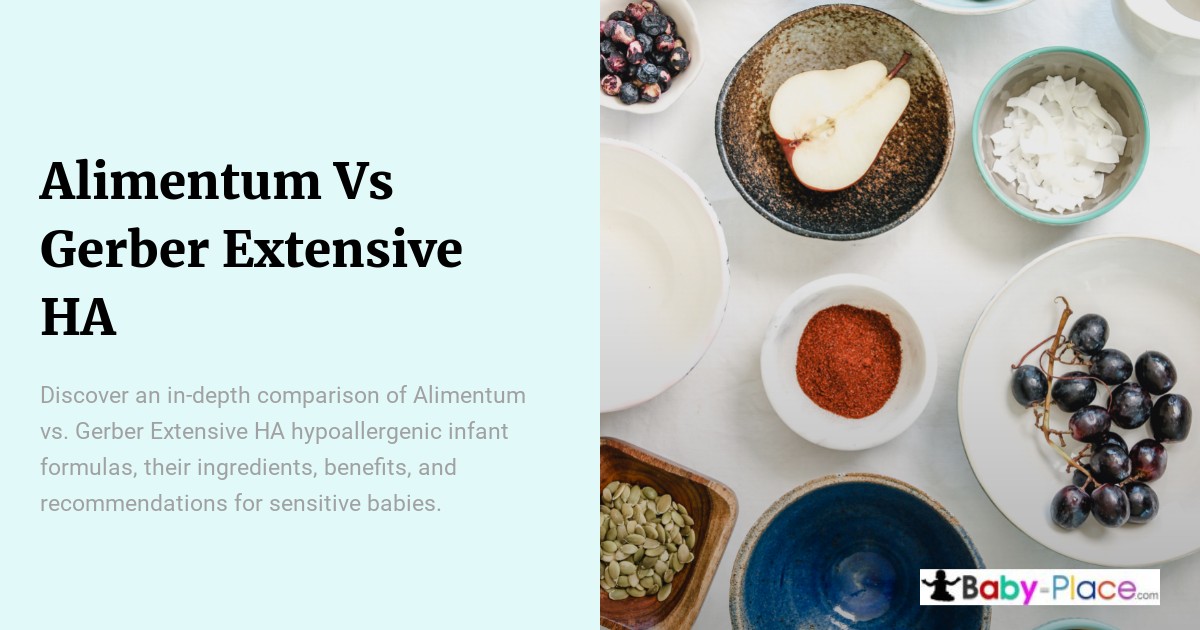
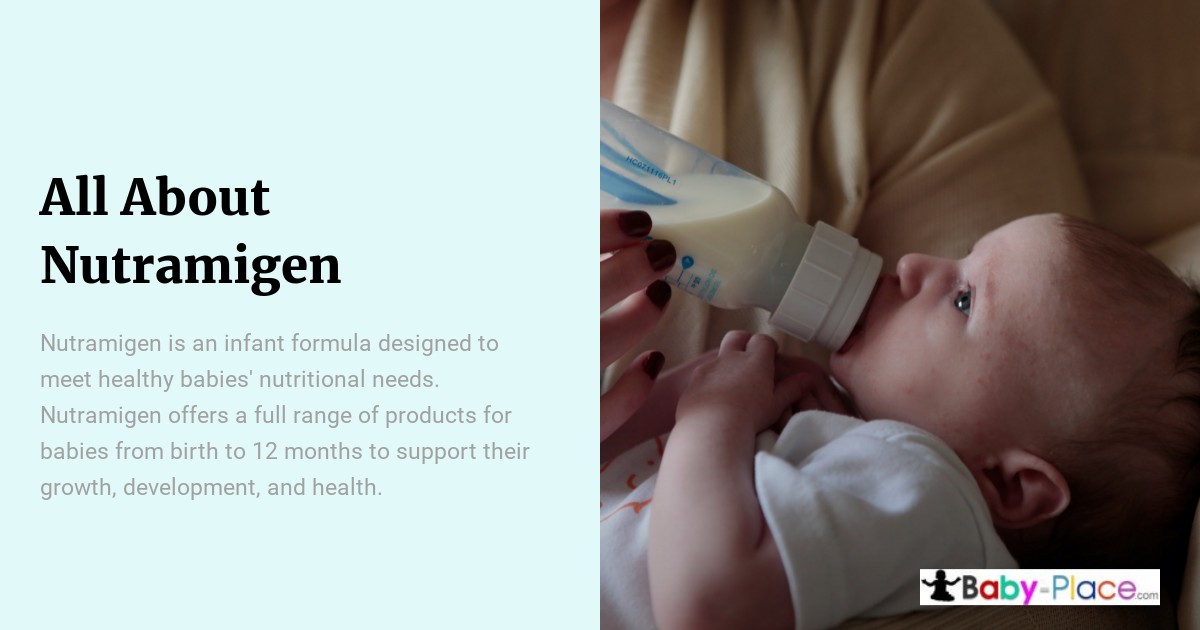
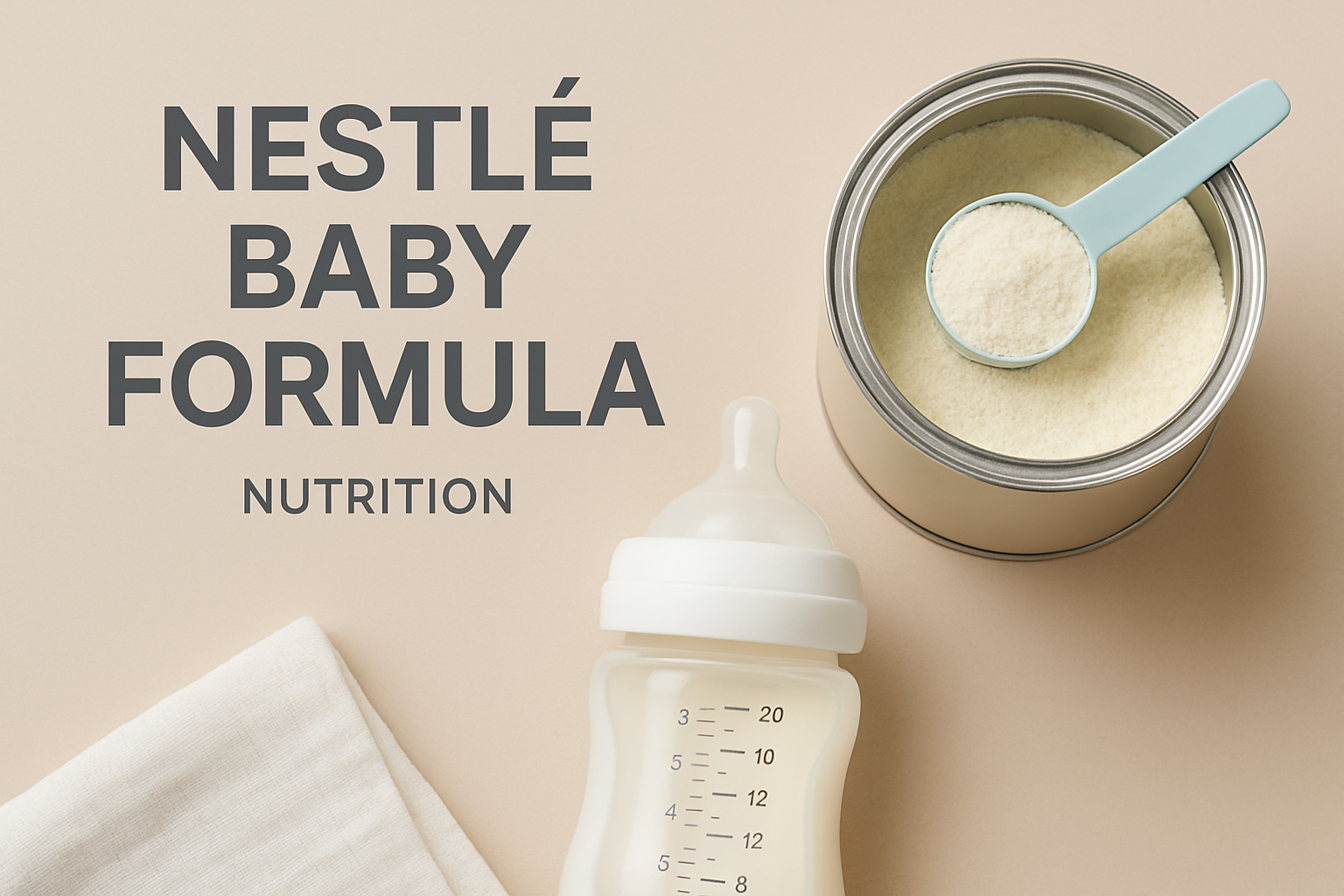
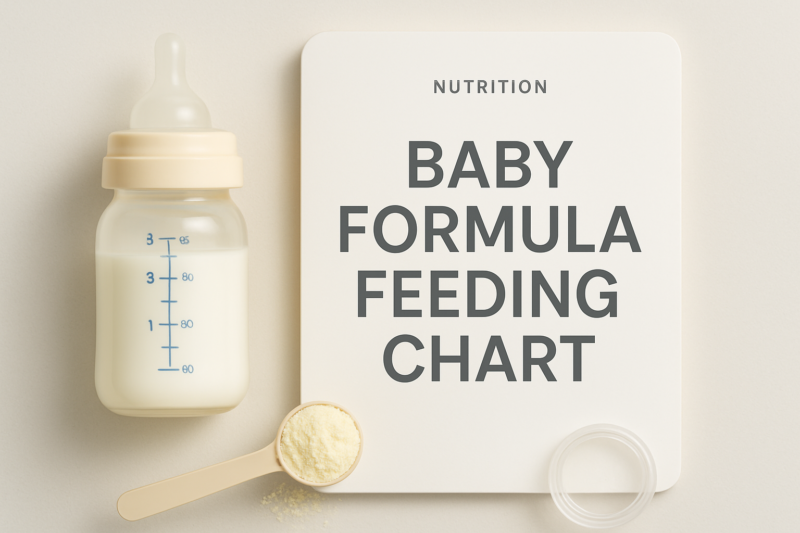
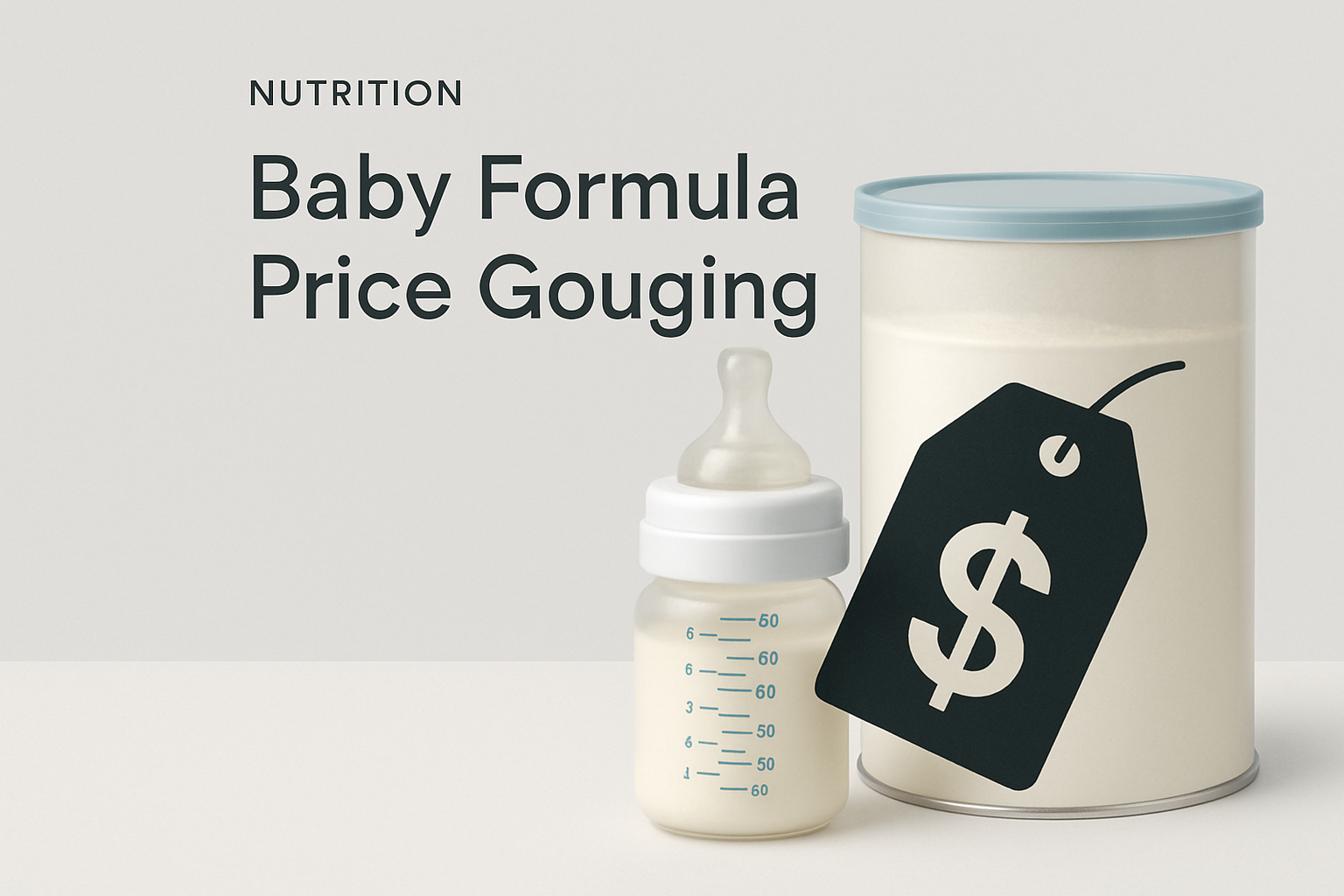

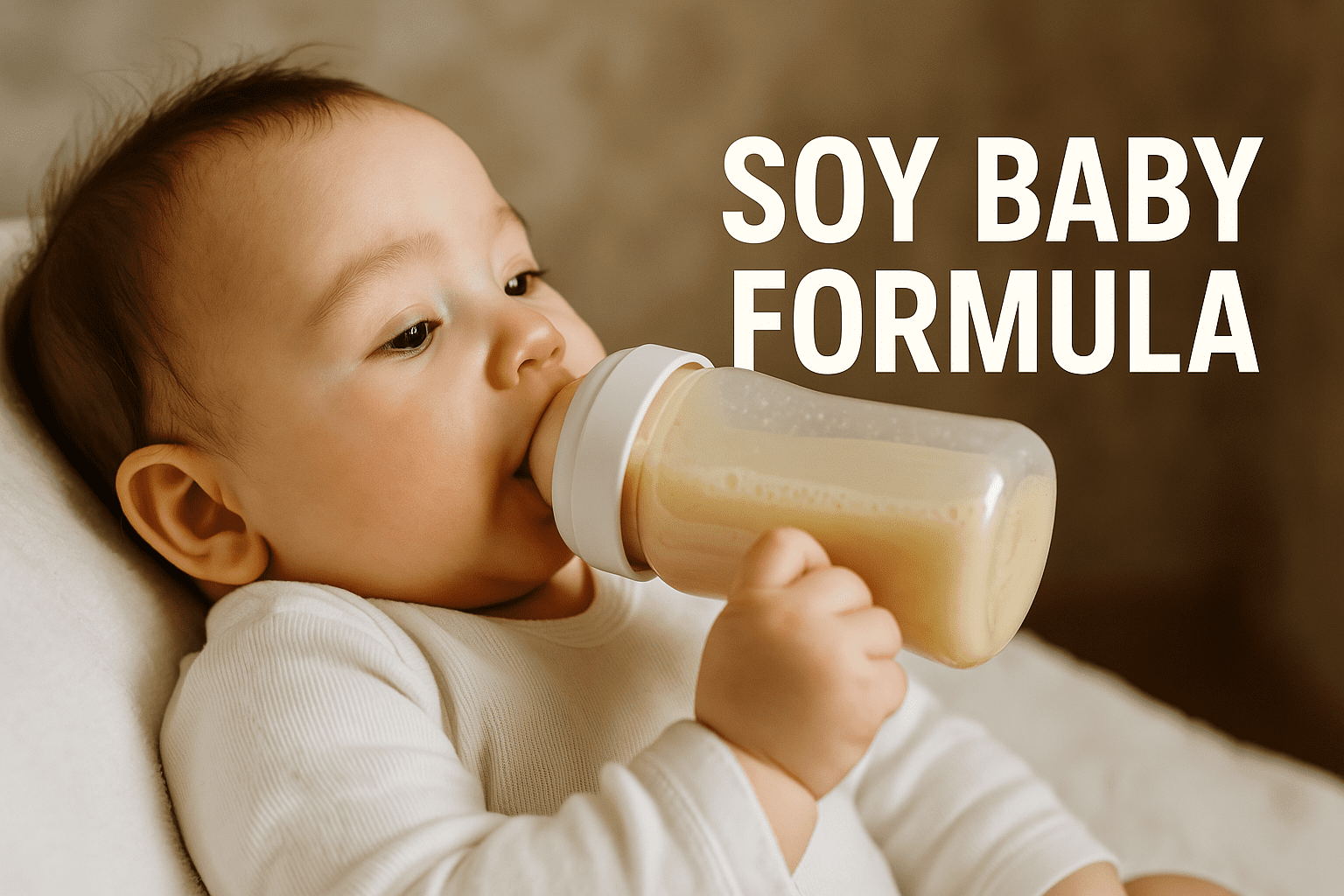
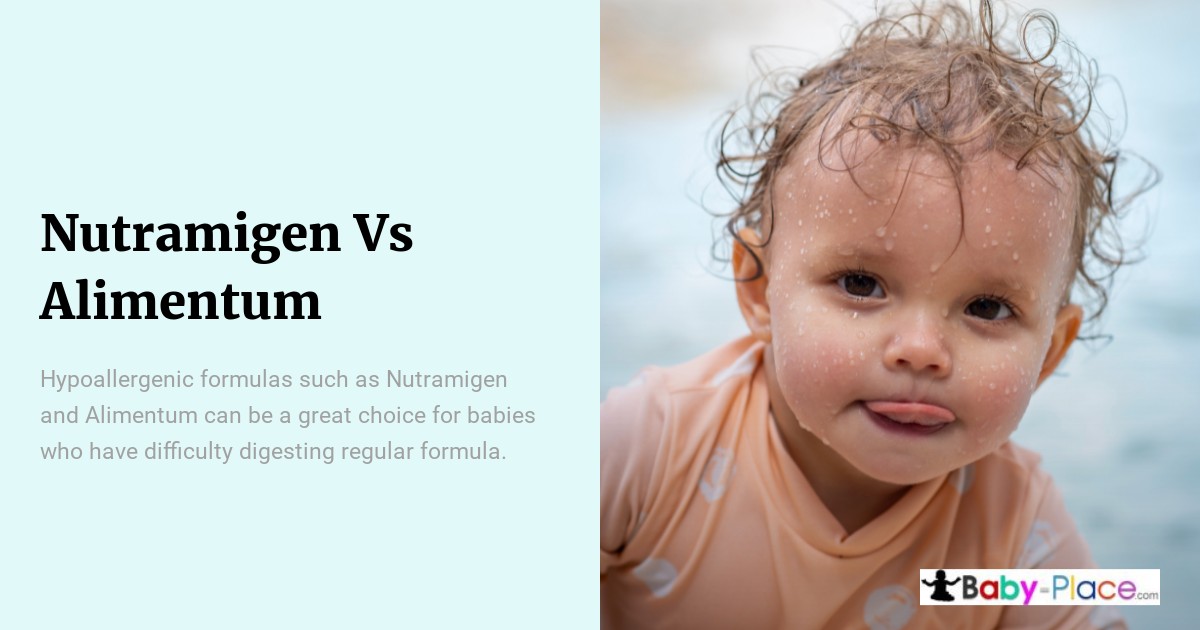
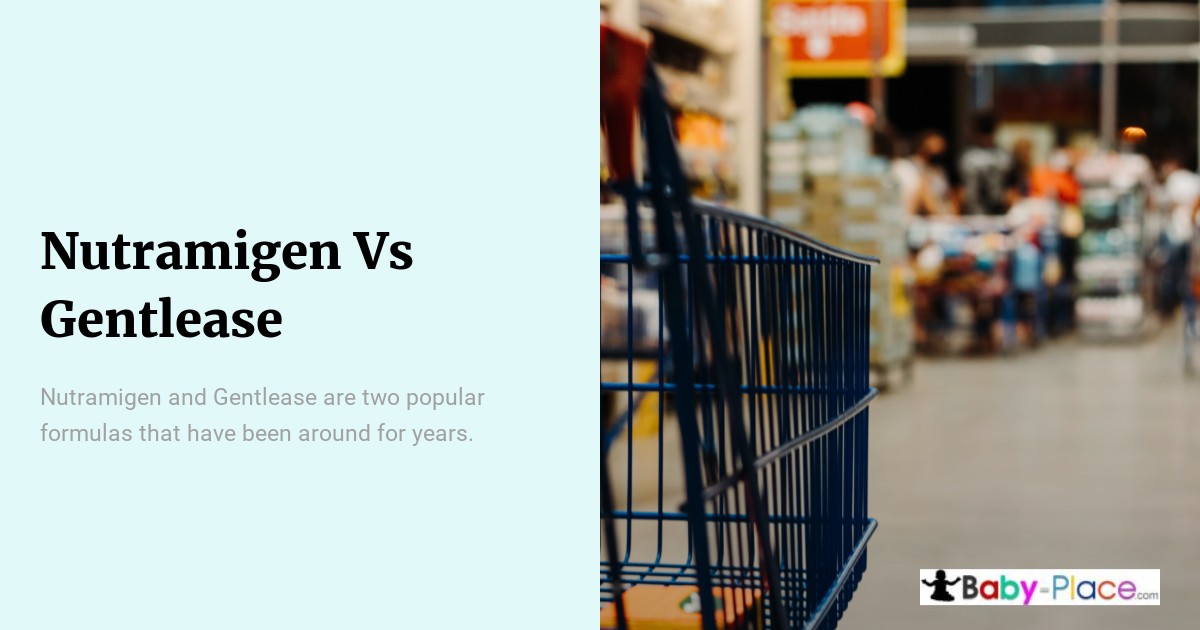
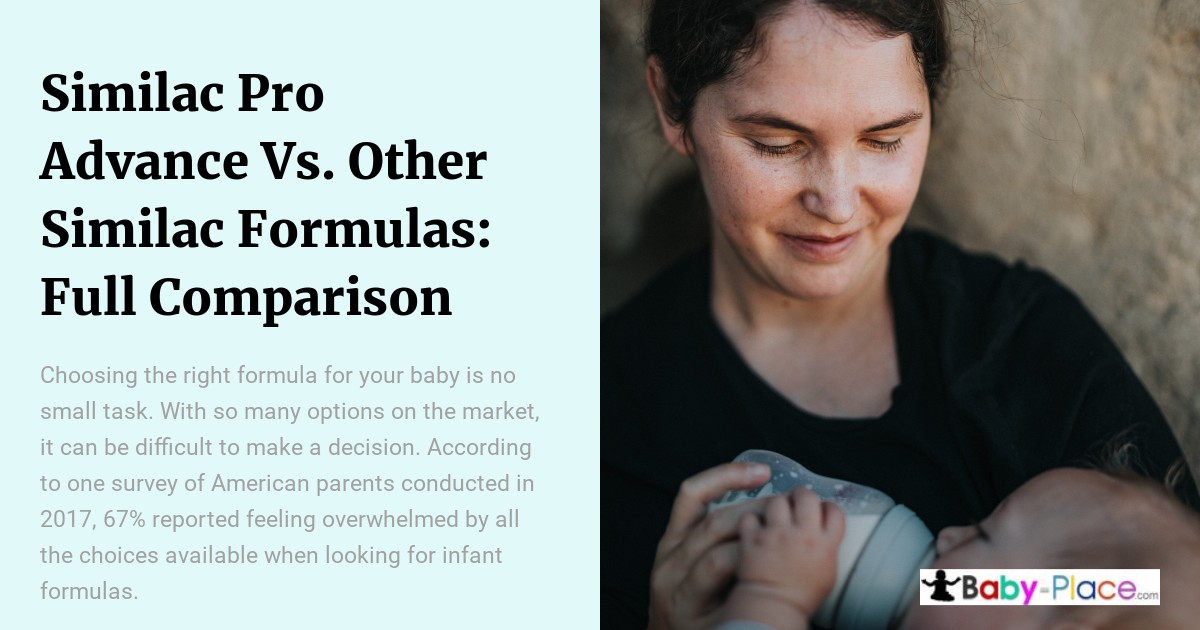
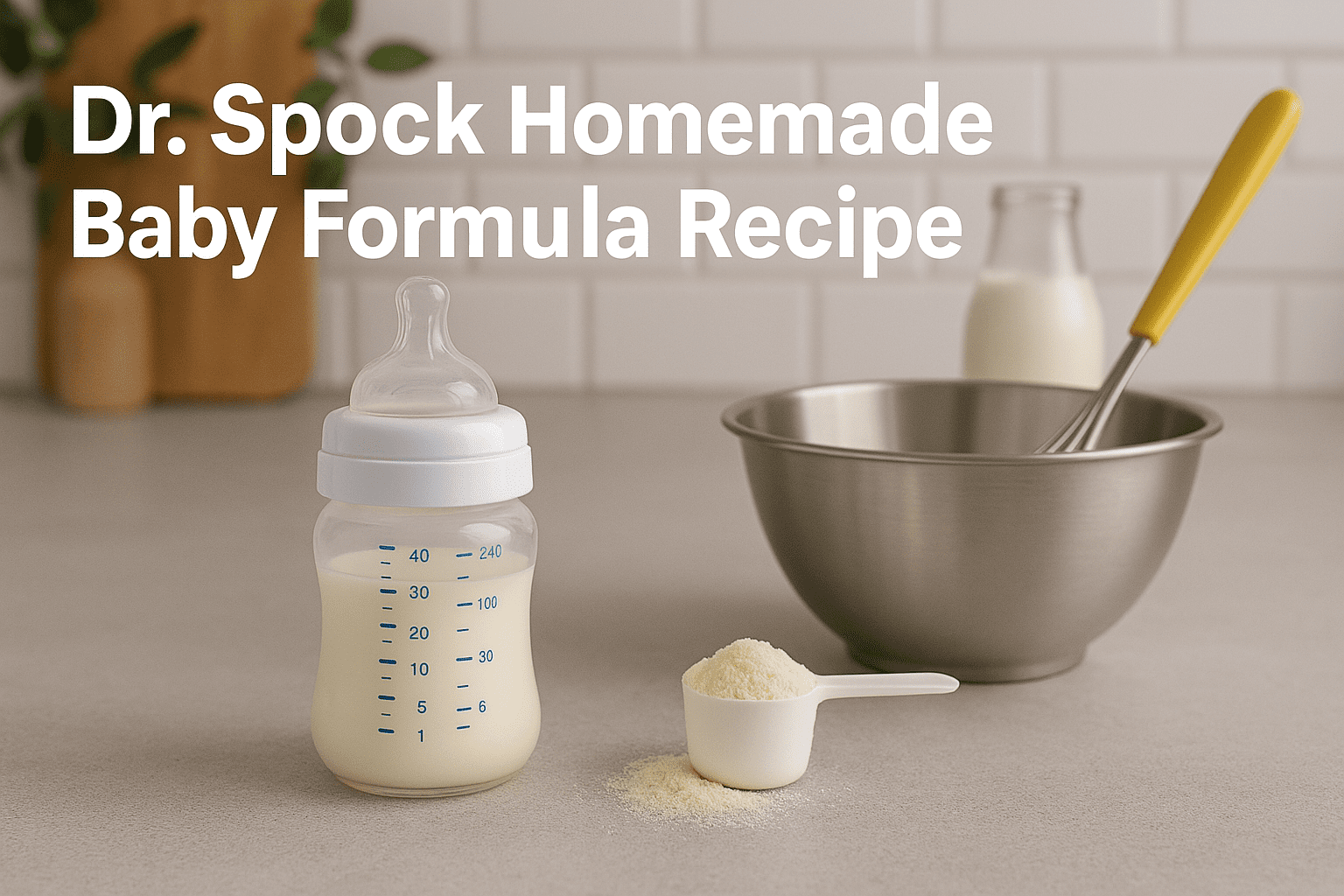
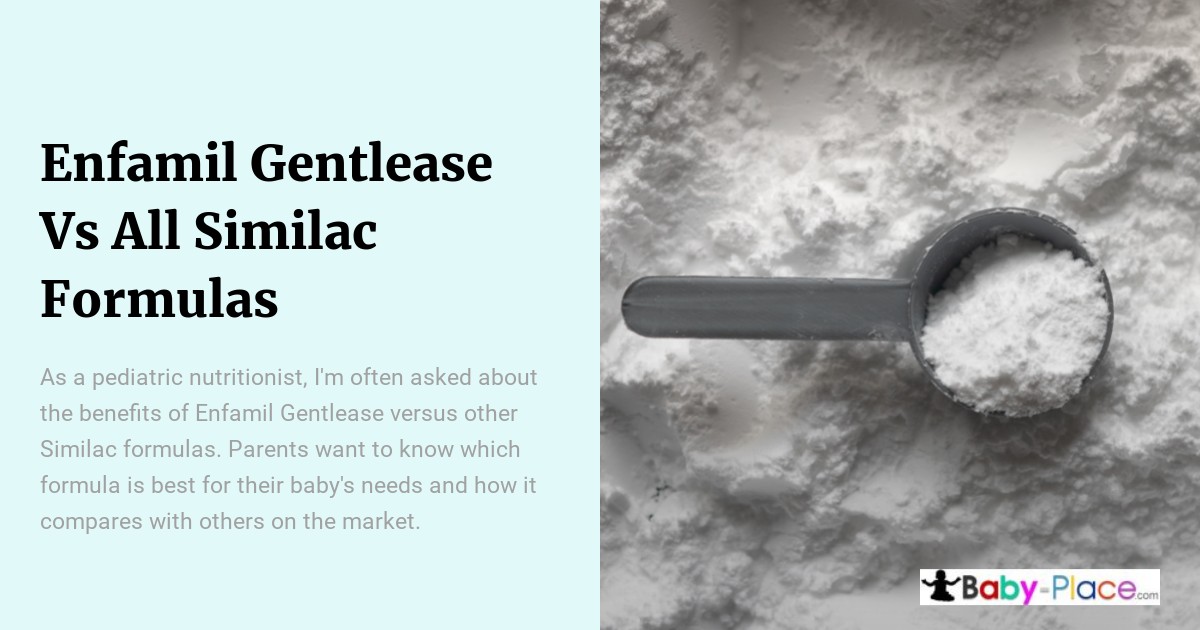
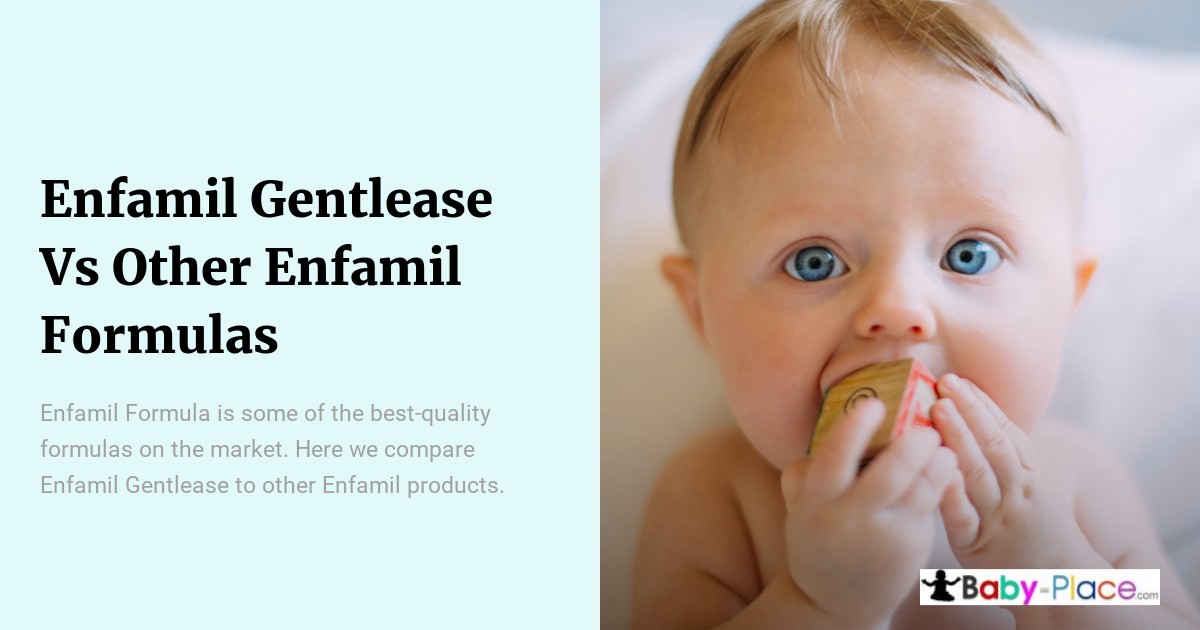
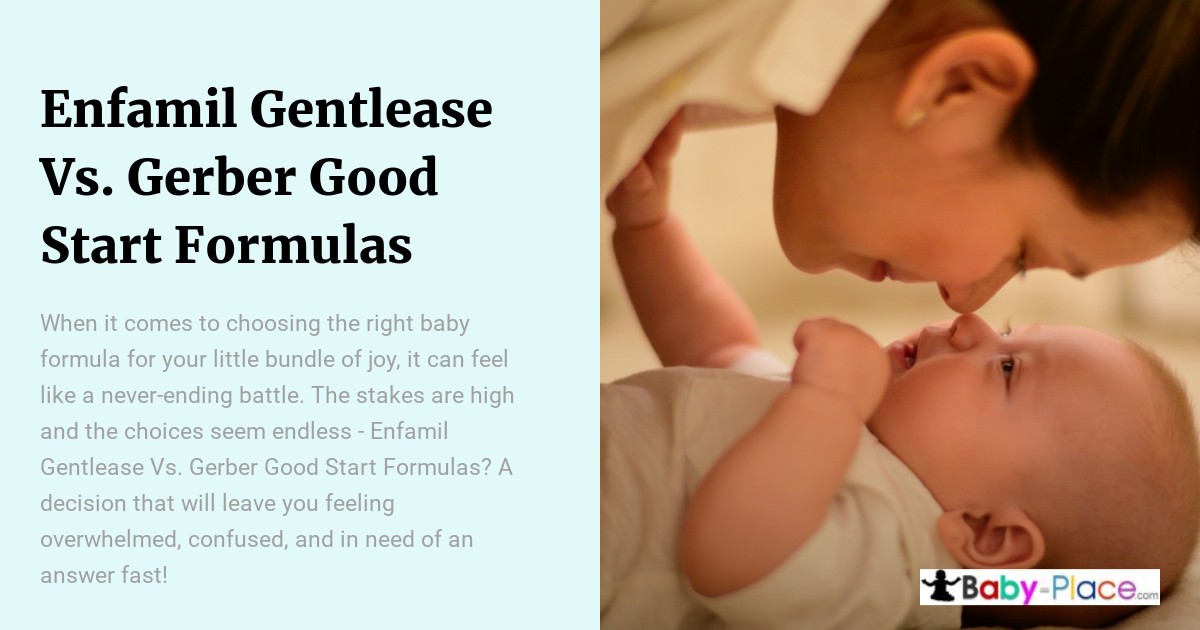

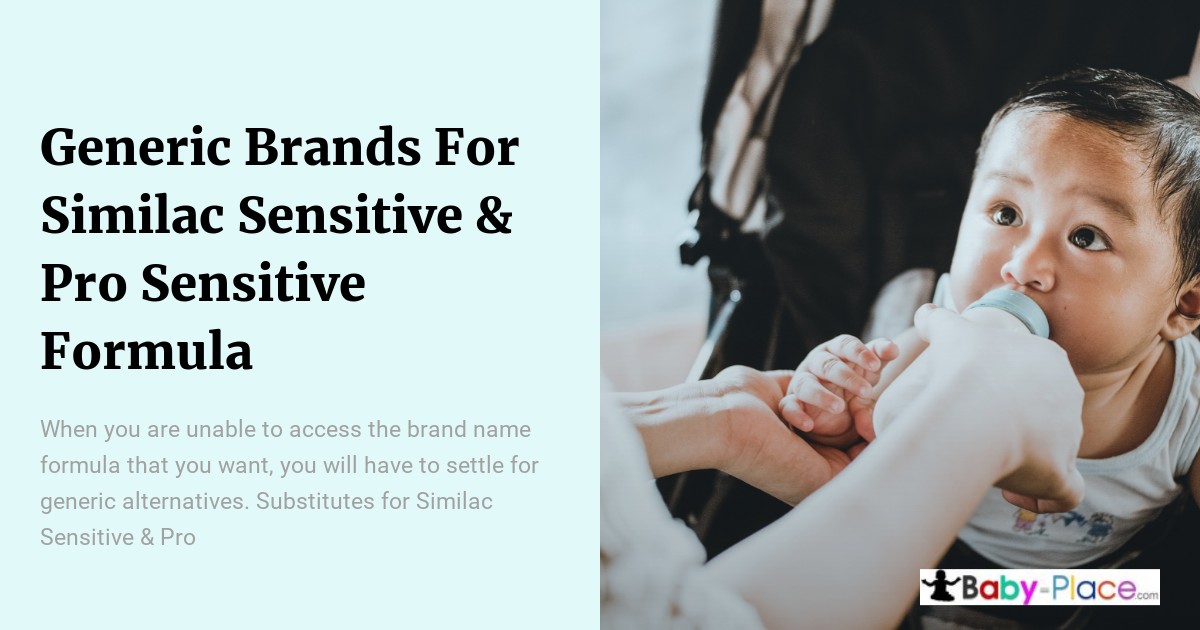

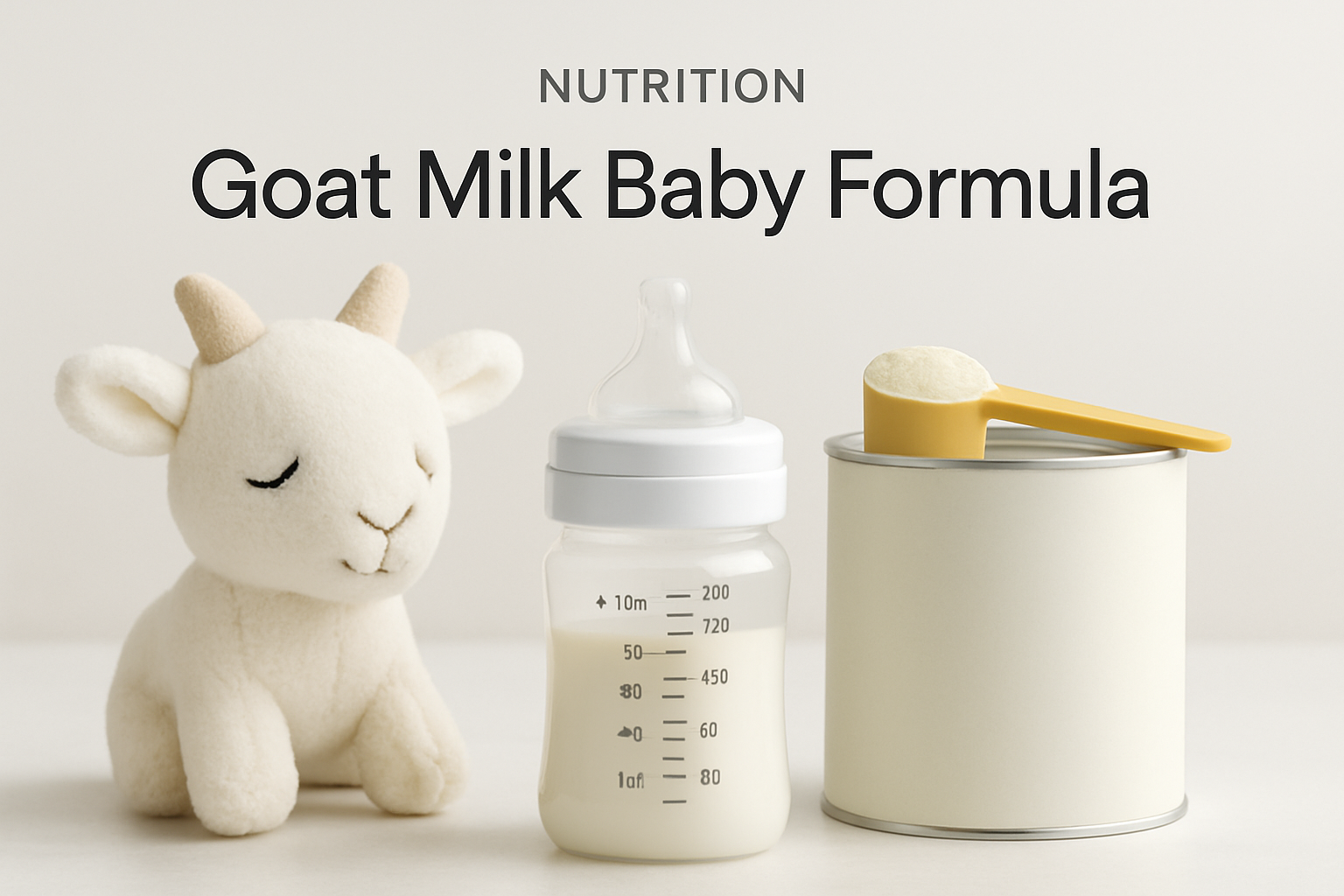
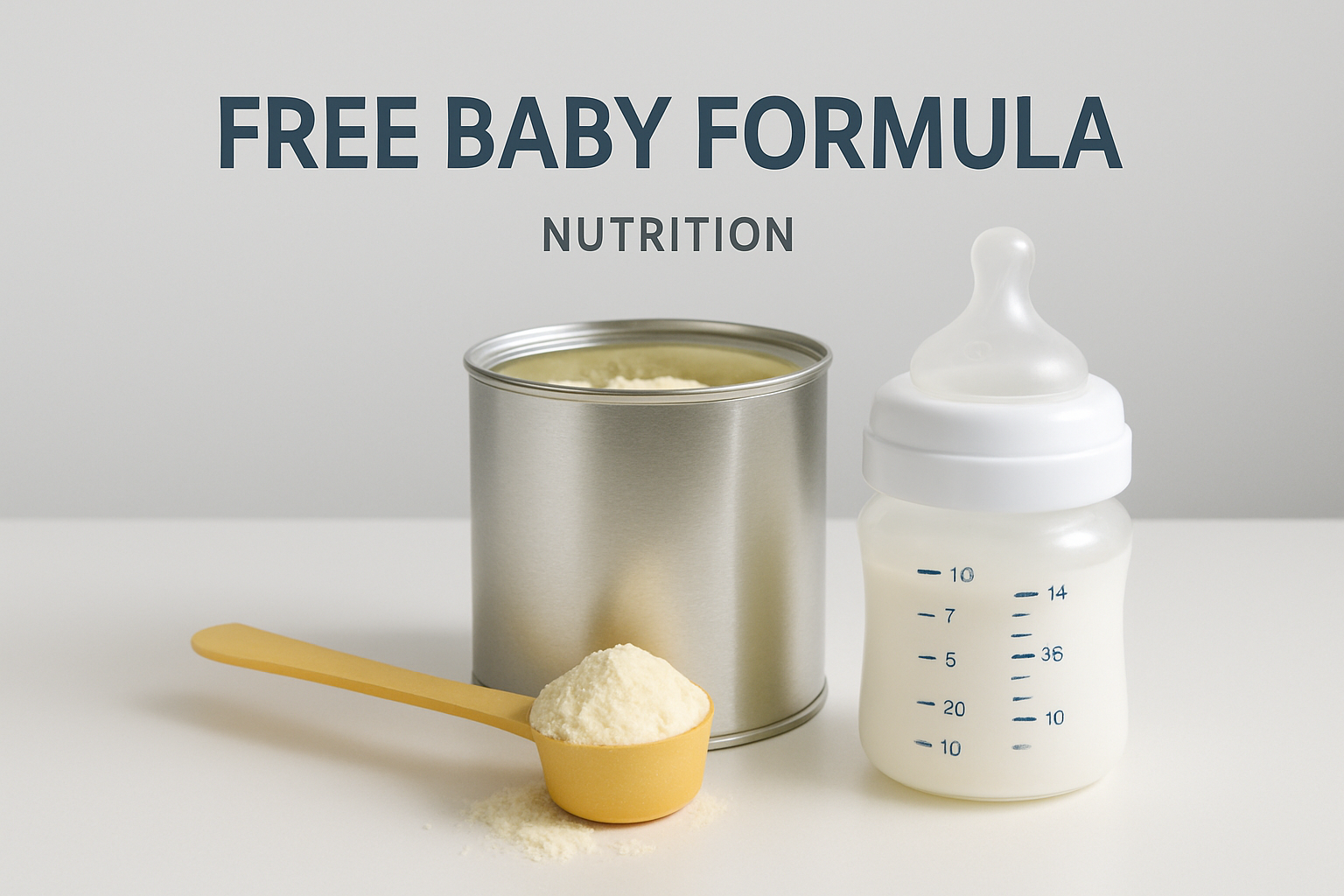
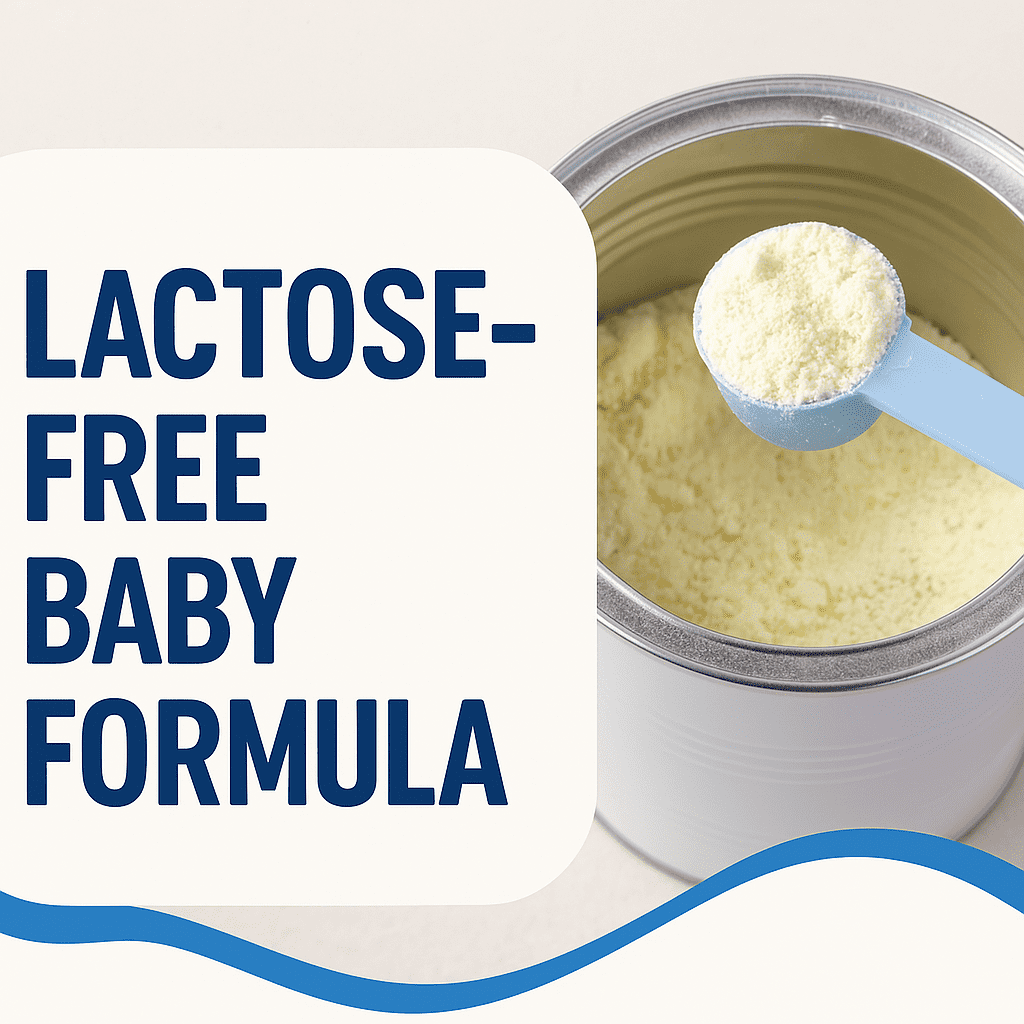

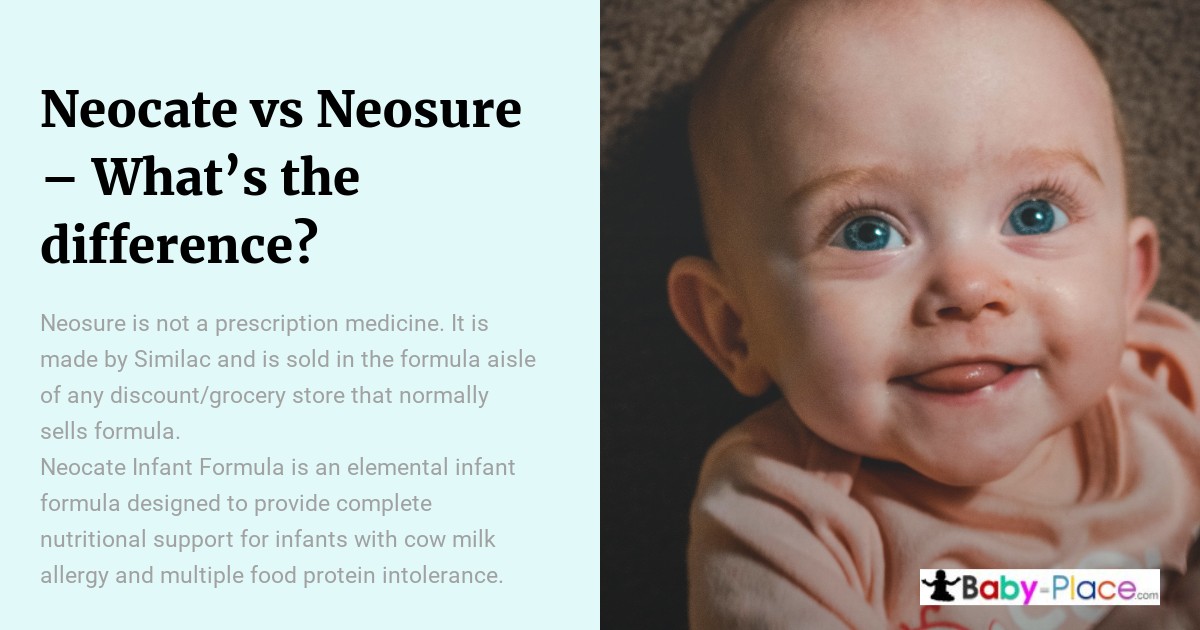
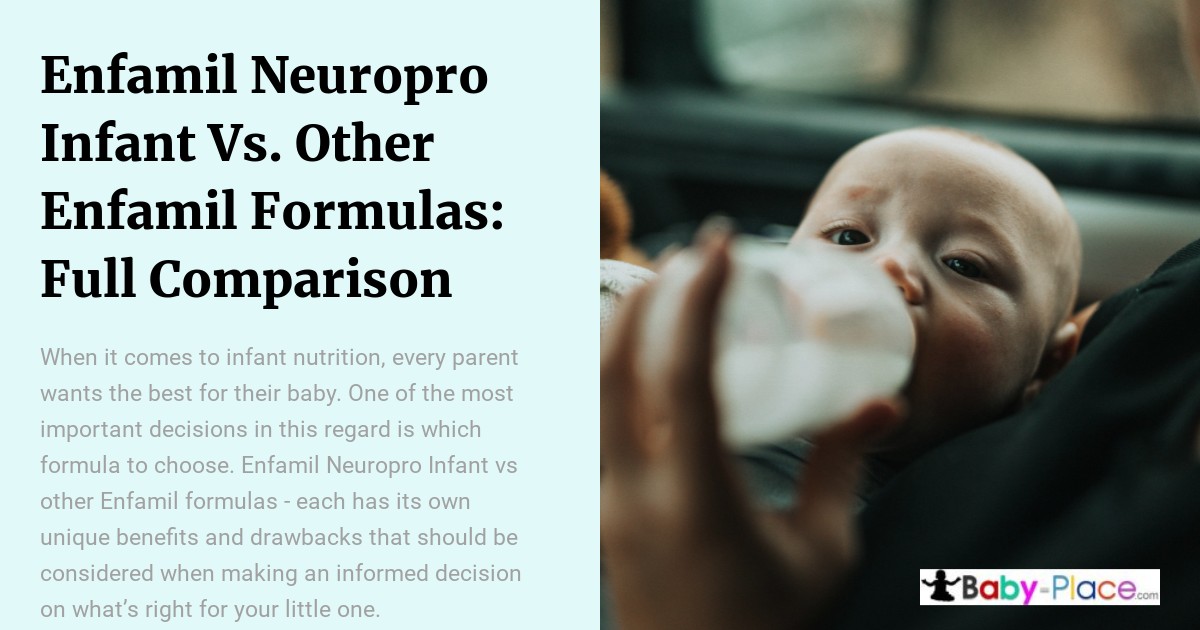
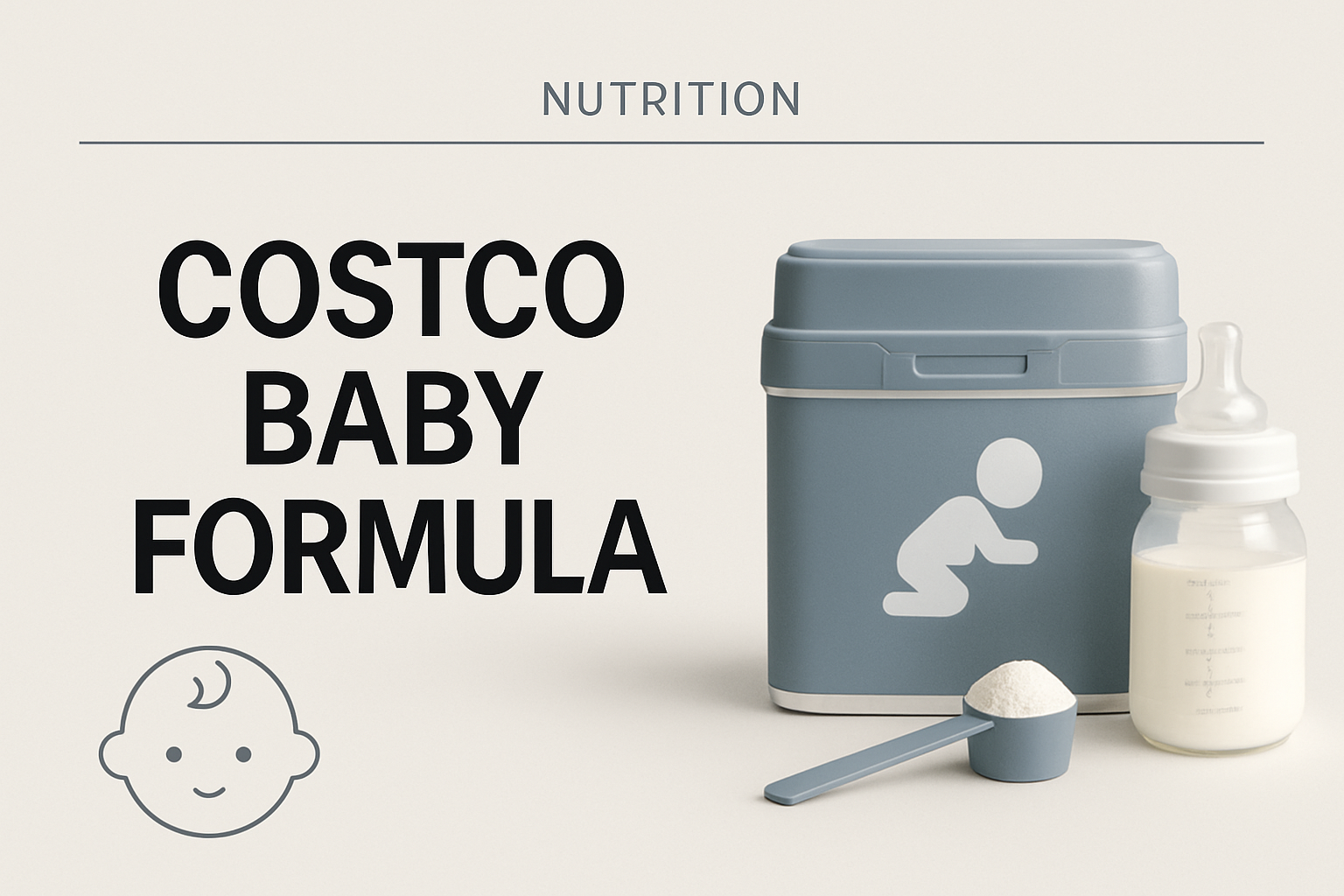
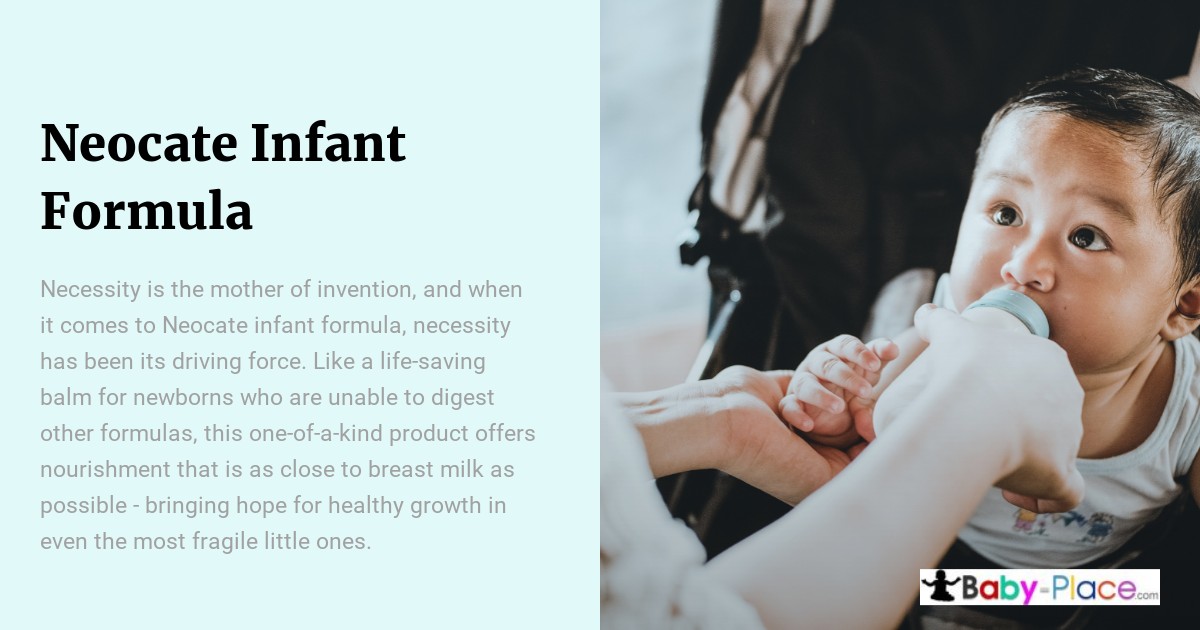
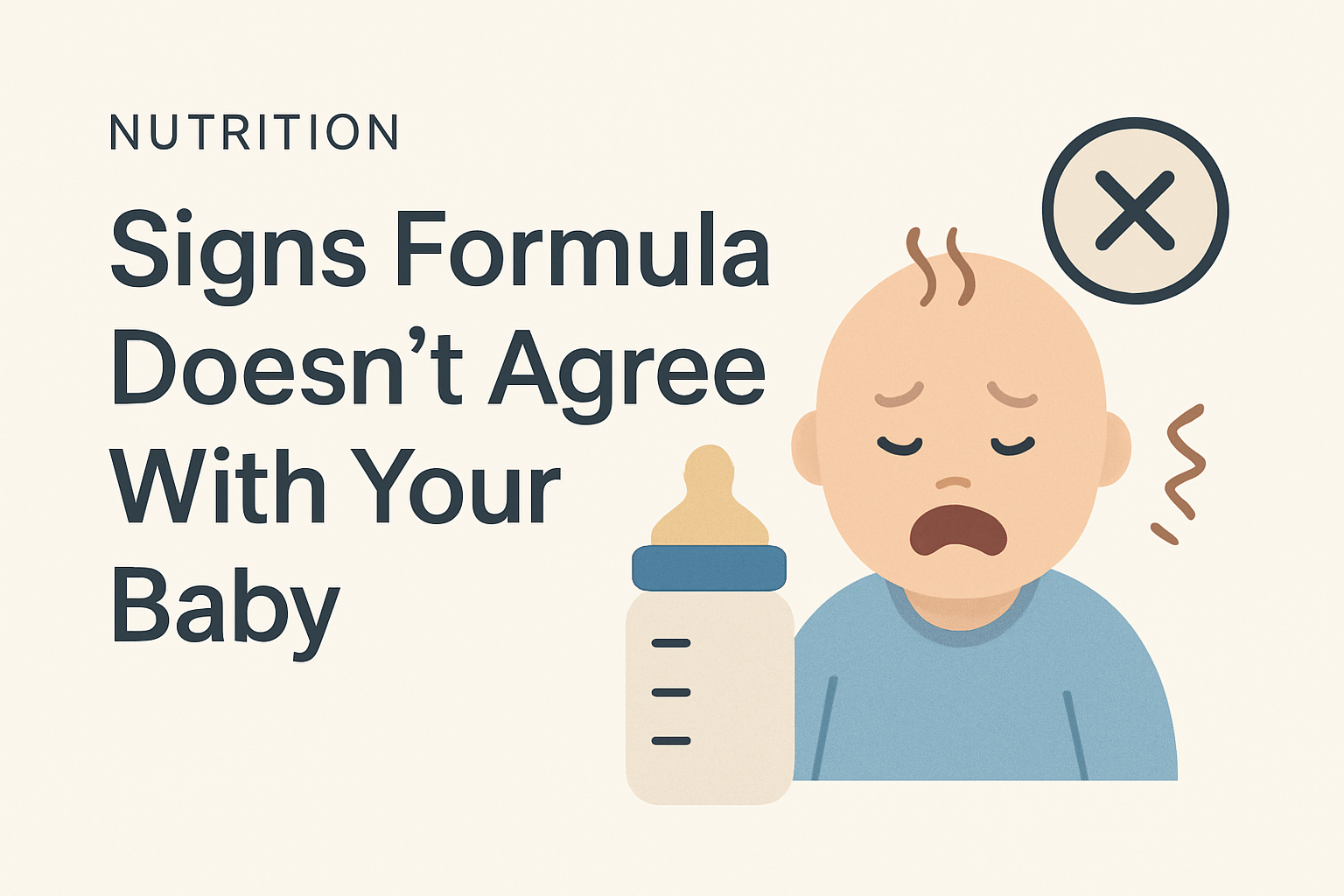
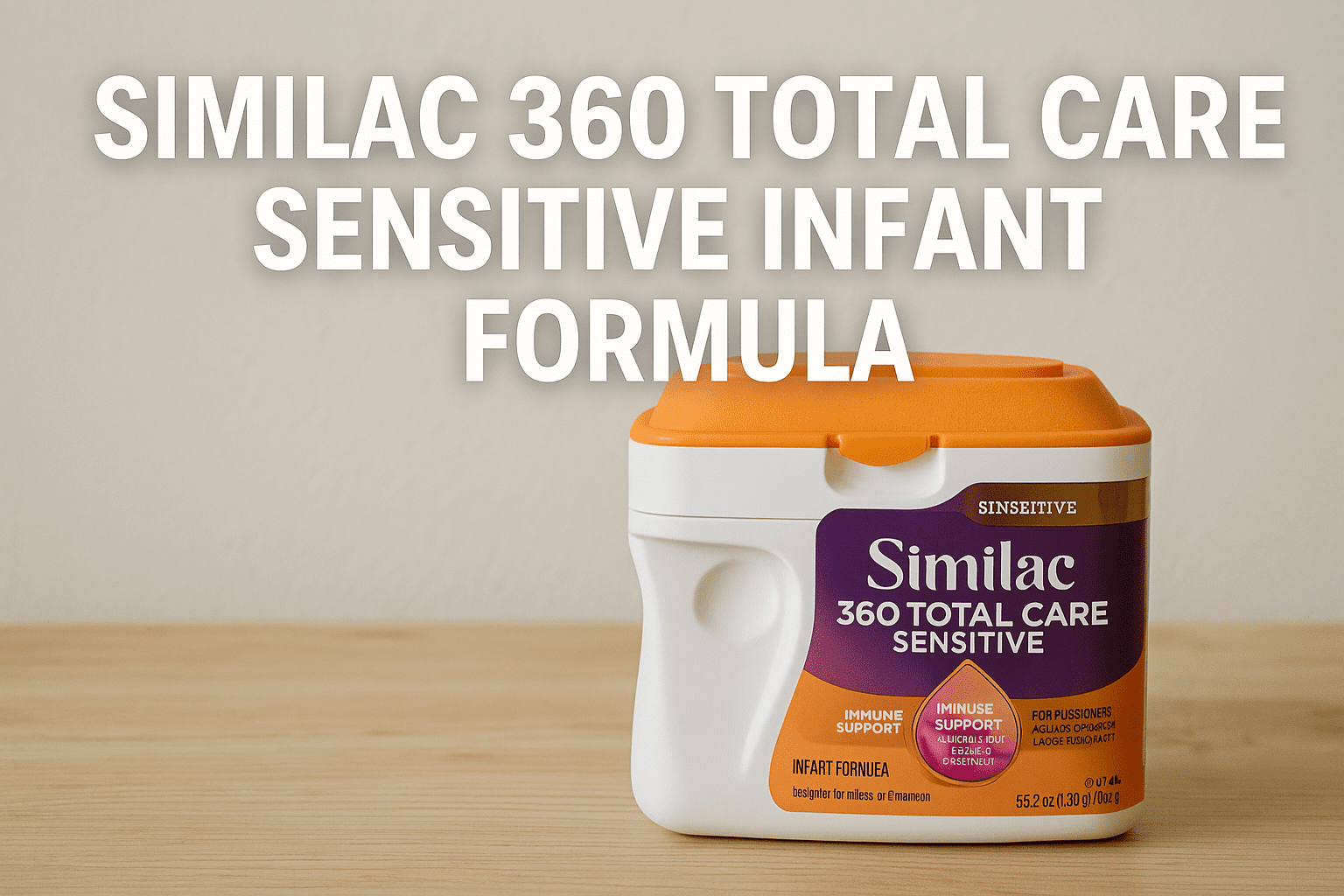

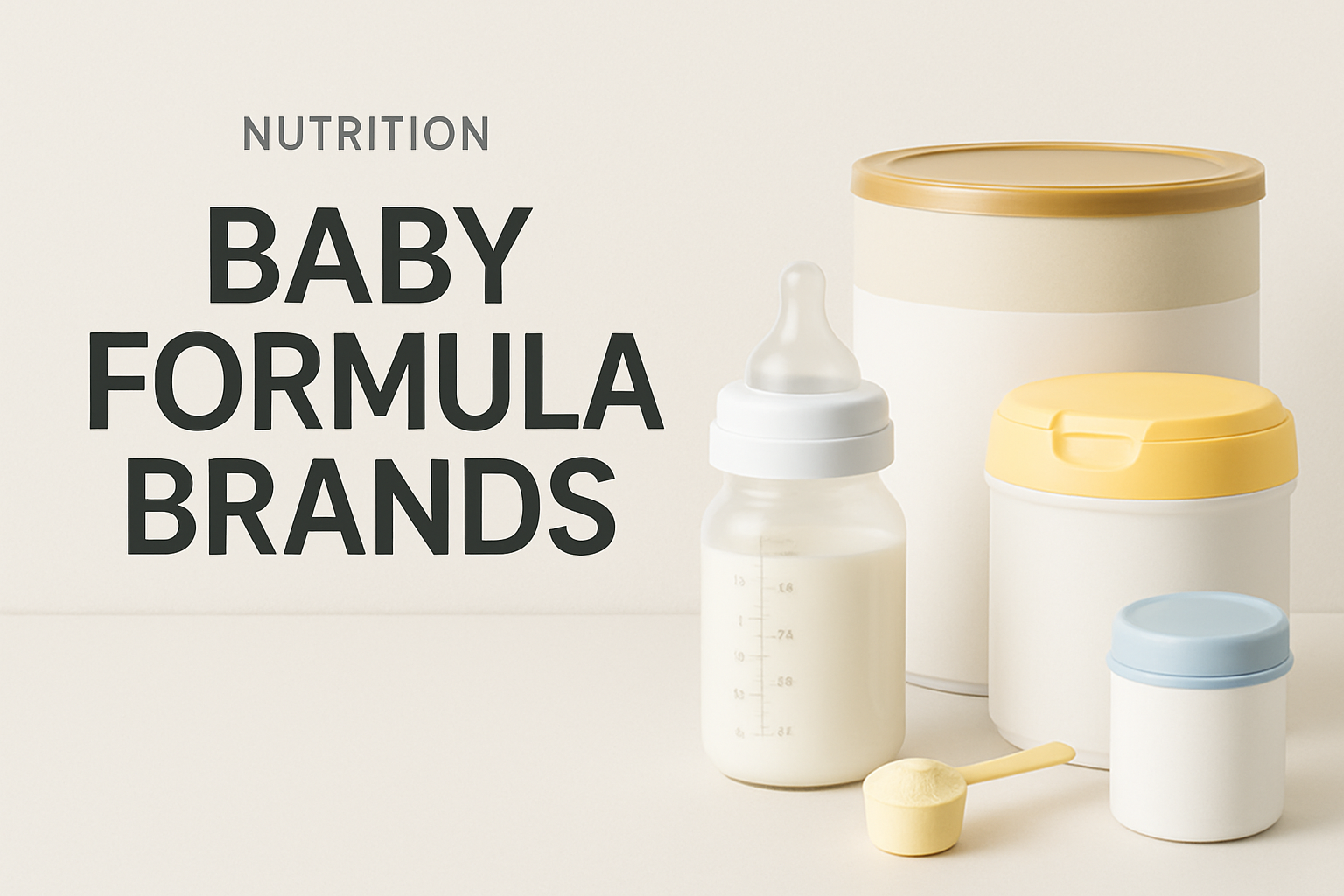

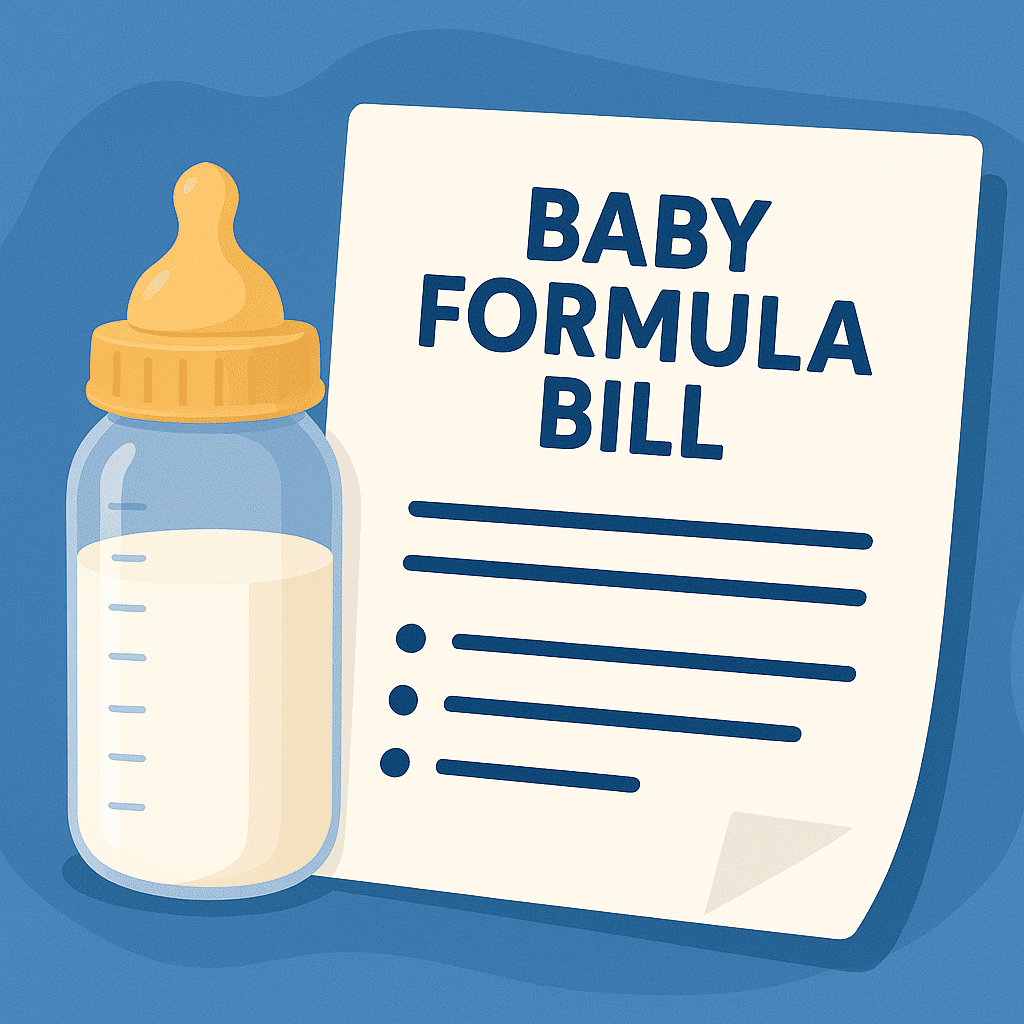
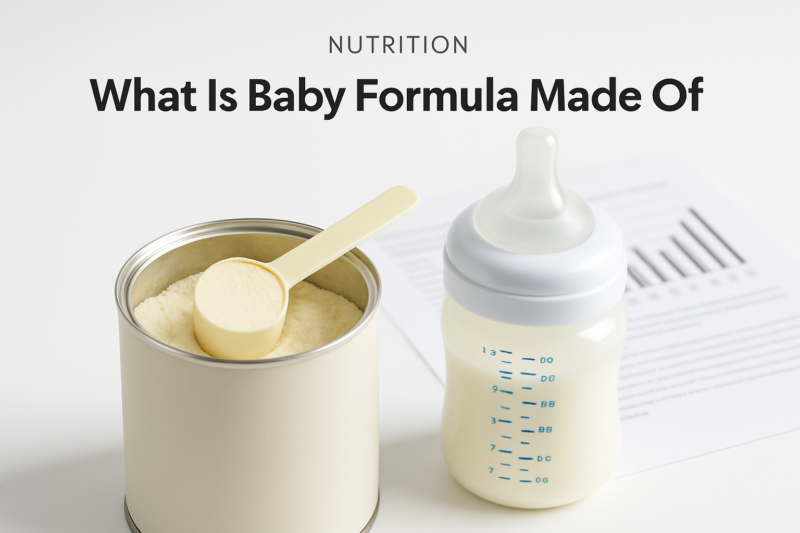

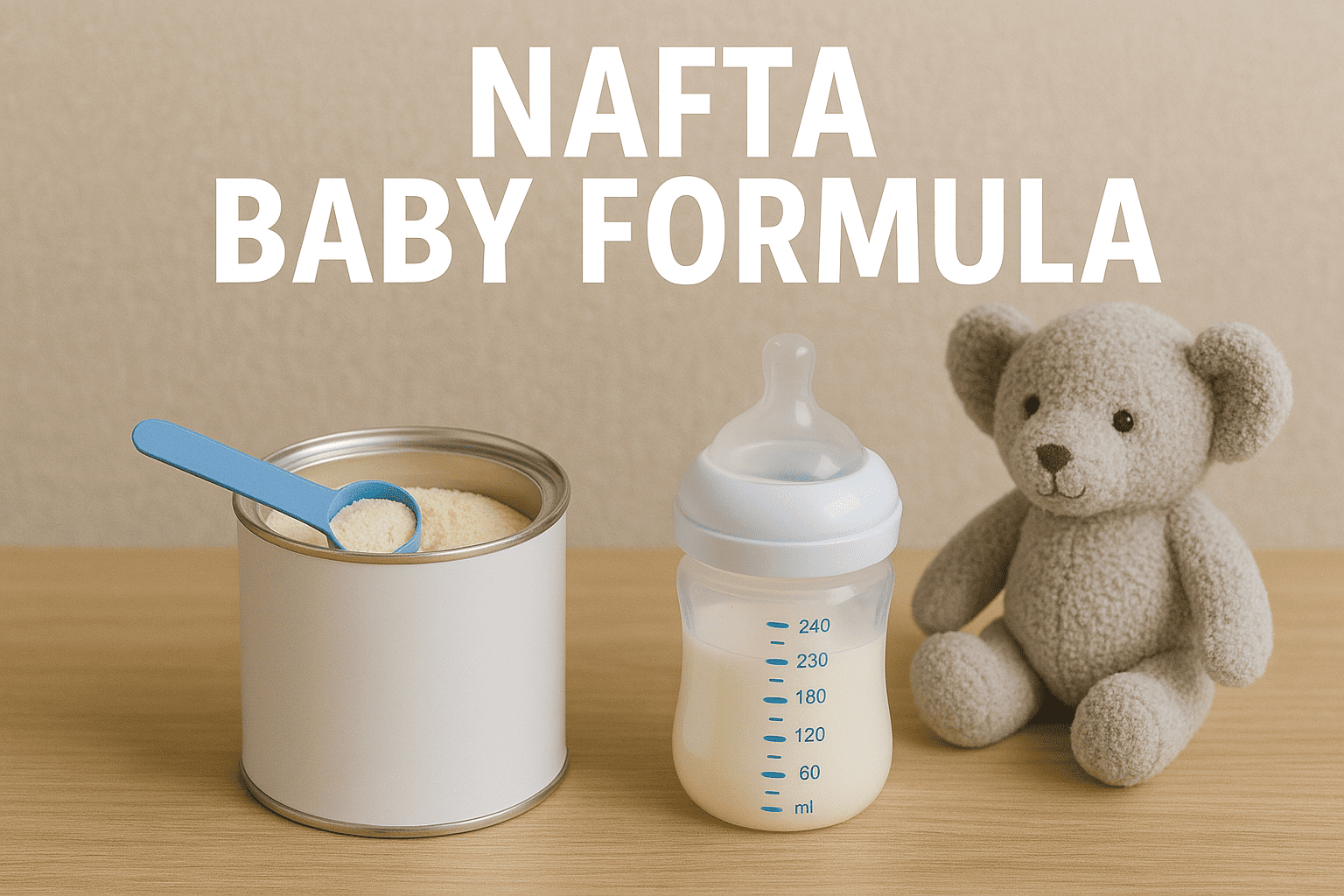
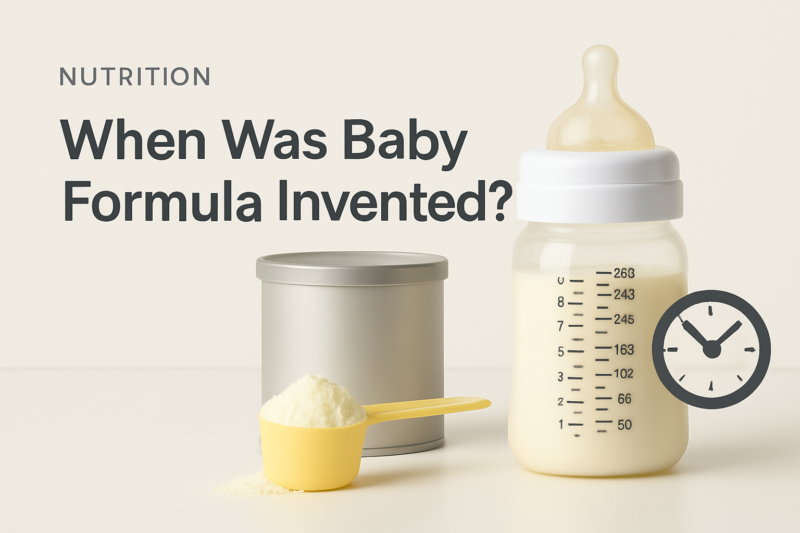
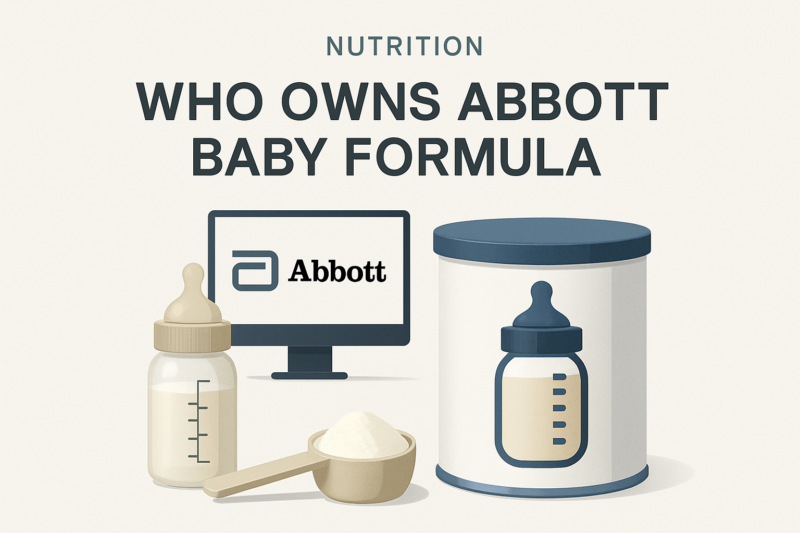
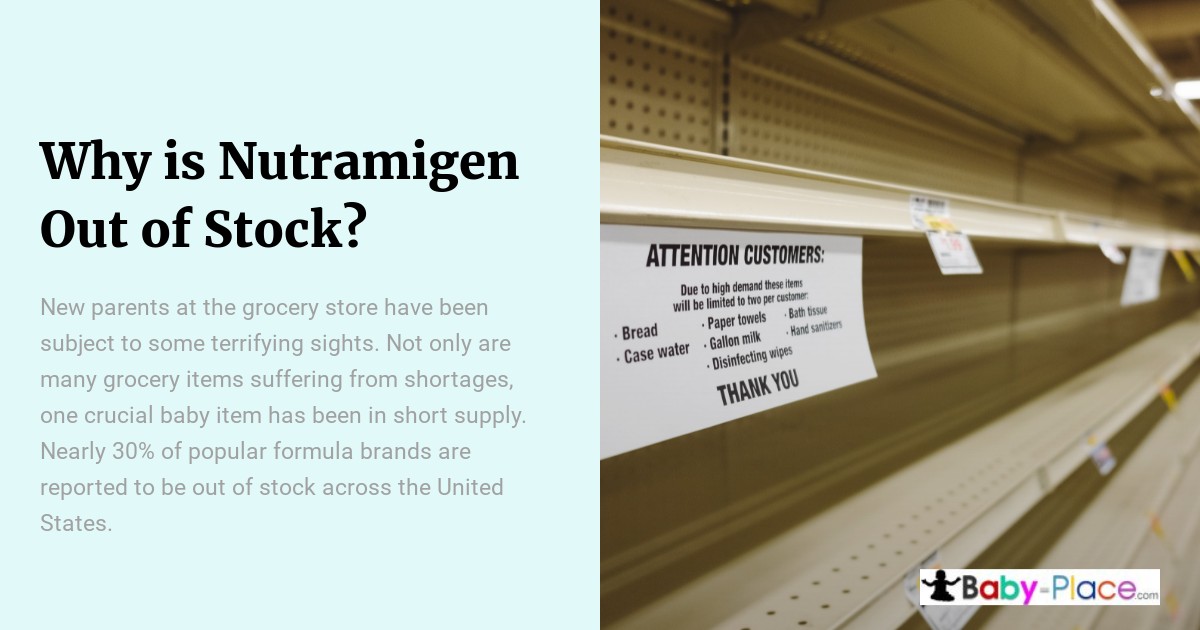
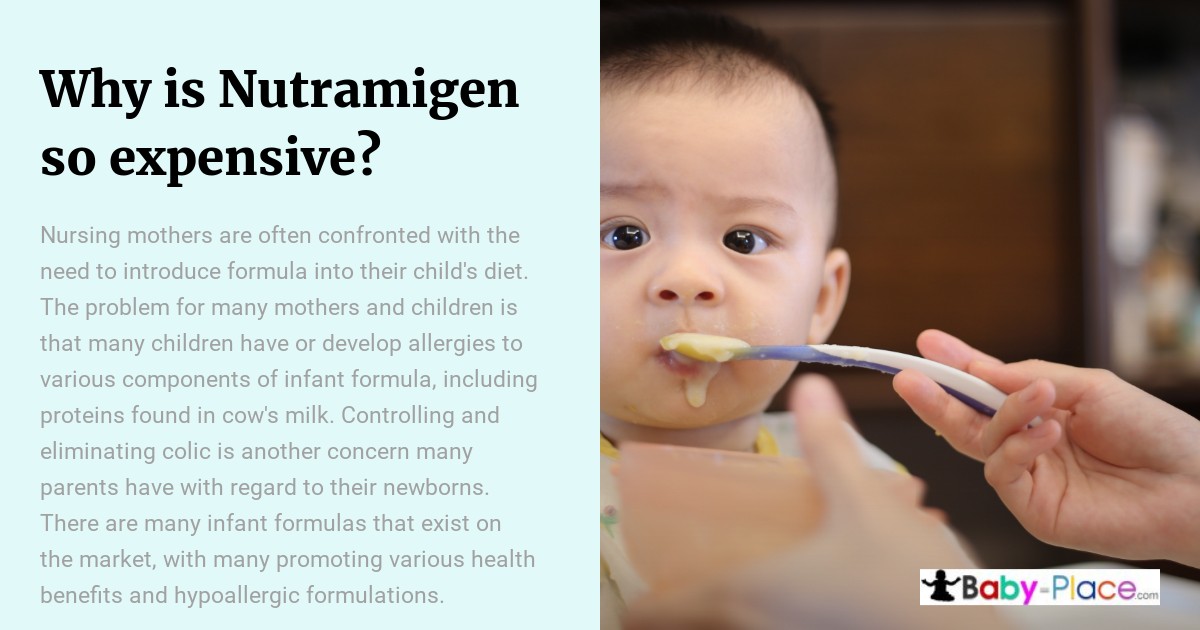
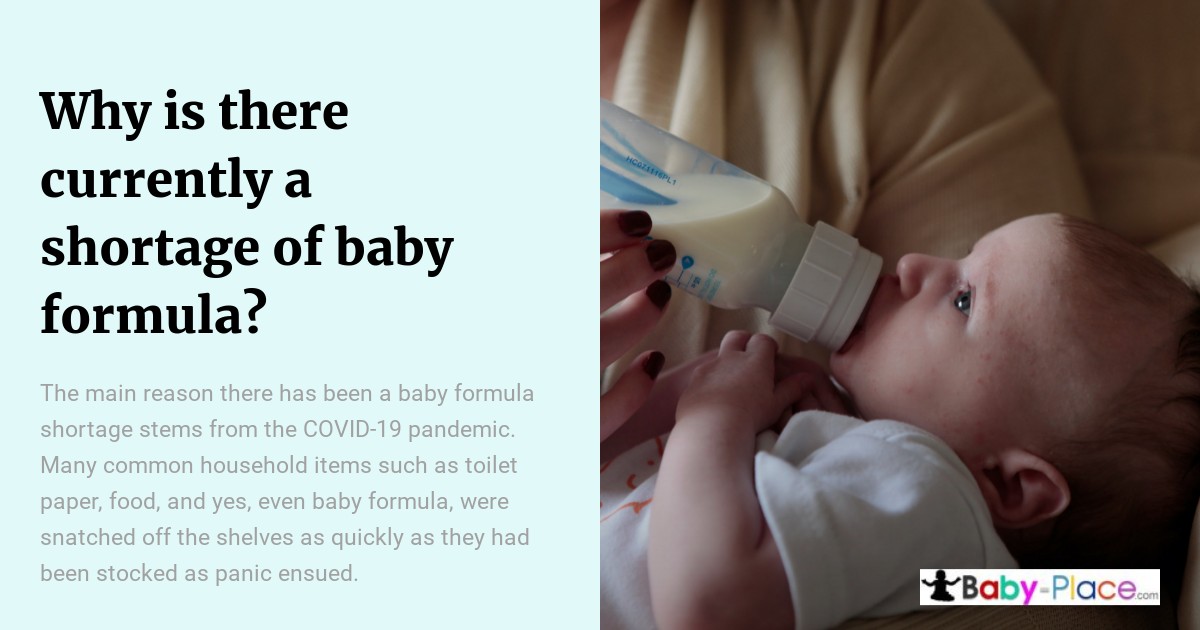

![[Recipe] Homemade Baby Formula Recipe](https://baby-place.com/wp-content/uploads/2025/04/homemade-formula-recipe-e1755526887889.png)
![[Recipe] Making baby formula at home](https://baby-place.com/wp-content/uploads/2022/12/baby-formula-recipe.jpg)